Everything on model trains, model railroads, model railways, locomotives, model train layouts, scenery, wiring, DCC and more. Enjoy the world's best hobby... model railroading!
How to Select The Right DCC Decoder
Clifford asks:
“I know I’m a slow starter, but have finally decided to convert from DC to DCC. My question is which decoders to purchase for my various locomotives. How do I match up a loco model with the correct decoder and sound system?”
You can submit your comments below to assist Clifford.

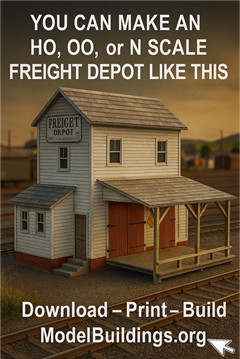
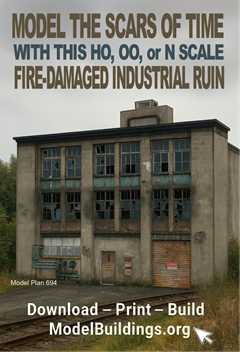
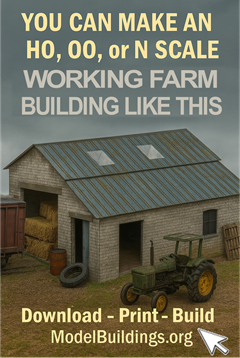
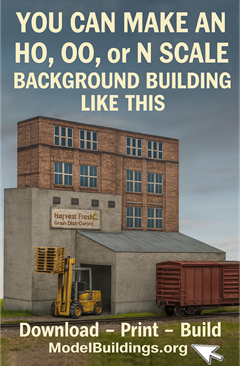
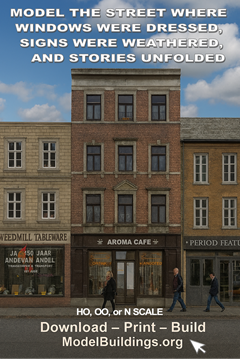

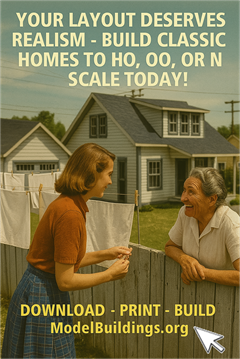
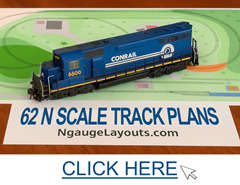
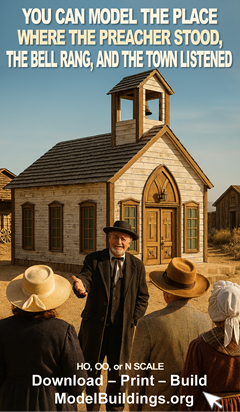
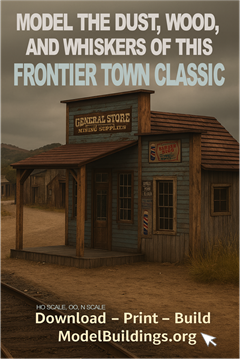
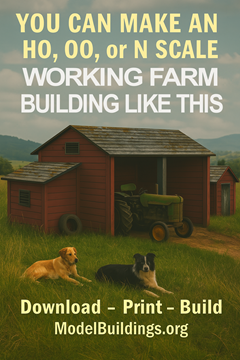
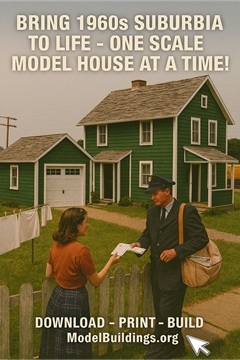
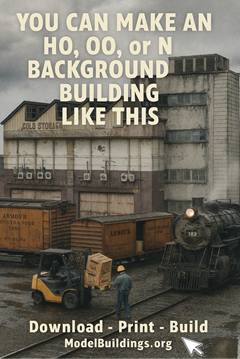
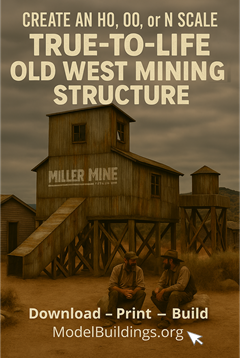
Most decoder manufacturers have an online tool to help select the right decoder. For example, Digitrax has theirs at https://www.digitrax.com/products/engine-matrix/decoder/ while SoundTraxx has theirs at https://soundtraxx.com/reference/decoder-selector. Others are available online with a bit of searching.
Clifford
While the options can be overwhelming if I were you I would go to the different manufacturers websites and they will recommend which decoder fits in each locomotive. They will also recommend what speaker.
You can also go to specialized speaker manufacturers websites and they will show you their speakers installed with a sound decoder and how they fit in the body. Try scalesoundsystems.com
The other option is to go on line and search for examples of decoder installs in the types of locomotives you are working with.
Based on your question I don’t imagine you have a lot of experience installing decoders and speakers. If that is the case I would recommend the second option if only to see how to install the components and if it is within your capabilities. Some installs are straightforward and relatively easy. Others require more effort and even the cutting of weights to make room for all the components.
The other thing I would recommend is choose one manufacturer of decoder and stick with it. While two different manufacturers decoders may basically perform the same they will each have their own method to control their respective functions. That is important if you are running single locomotive trains and very important when you want to MU two or more locomotives.
This is a huge subject but I’ll try to be brief.
First of all, are your locomotives ‘DCC Ready’ or similar? If so, referral to the instruction sheet will tell you how to access the decoder socket and what type of decoder you need. There are many different types of decoder – 6 pin, 8 pin, 21 pin, Next18, Plux22 and so on. Modern locomotives tend to have a low current draw so as long as you get the right fitting, you almost certainly will be OK but the supplier can advise you.
If your locomotives are older and don’t have a DCC decoder socket, then things get a lot more complicated. In these cases, I’ve had a lot of success using wired 8 pin decoders. The main thing to watch for with older locomotives is that they have a higher current draw so you need to make sure you get a decoder that can handle those levels of current. Try to find a supplier who lists the specs of the decoders they supply to check this. On Hornby motors >40 years old, I’ve used decoders that can handle 1 amp or more without problems. It does require dismantling of the locomotive and isolating both sides of the motor from the track power. The decoder wires are colour coded so the red & black wires need to be soldered to the pickups and the orange and grey to the motor.
If you want to be on the safe side, then get an inexpensive ammeter from eBay, wire it in to your DC track feed and measure the current draw of the locomotive both when it’s running and when you hold it down to prevent it running. The latter figure will be higher but it’s that figure, which is an indication of the maximum your locomotive will draw, either when starting from stationary or if a derailment/fault occurs that your DCC decoder’s current handling spec needs to exceed.
You also mention sound. Apart from getting the right type of decoder for your locomotive, the sound files obviously need to match as well but in almost all cases, as long as a sound file exists for your particular locomotive, the supplier will load it onto the DCC decoder for you.
Finally, it’s possible to spend a fortune on DCC decoders but there are decent inexpensive ones that do the job satisfactorily. I’ve had good results with LaisDCC decoders which are available for around £12 each on eBay although others will no doubt do a better job. The thing to bear in mind is that DCC decoders can, and do, fail and when they do, they can’t be repaired – so the less you spend, the less you’ll literally see go up in smoke (don’t ask me how I know!) if the worst happens.
Geed luck!
There is no easy answer to this question. You do not say what scale you are using, a large scale decoder will not physically fit in a small scale loco. If your locos are DCC ready they will have a socket fitted you would need to pick a decoder that fits that socket, if they are not DCC ready you will have to solder the decoder in.
Best advice here would be ask your friends what they use, join a club, get some experience with DCC before jumping in.
Clifford, what ever you end up buying, remember that sound can be very intrusive. Stand on a sttion platform, or a hill 100 metre (yards) from the track and watch a train go past. When do you hear it, and when does its sound fade. Try for this effect on your model be keeping the volume DOWN. Too many run their sound so that they can hear it from across the room – miles away in model form, and not prototypical.
Yes, all decoder manufacturer’s websites will have a guide page to select the DCC decoder for particular locos.
A good start is to read a beginner’s basic guide on DCC. This will probably answer all your questions (and most of the questions haven’t thought of yet).